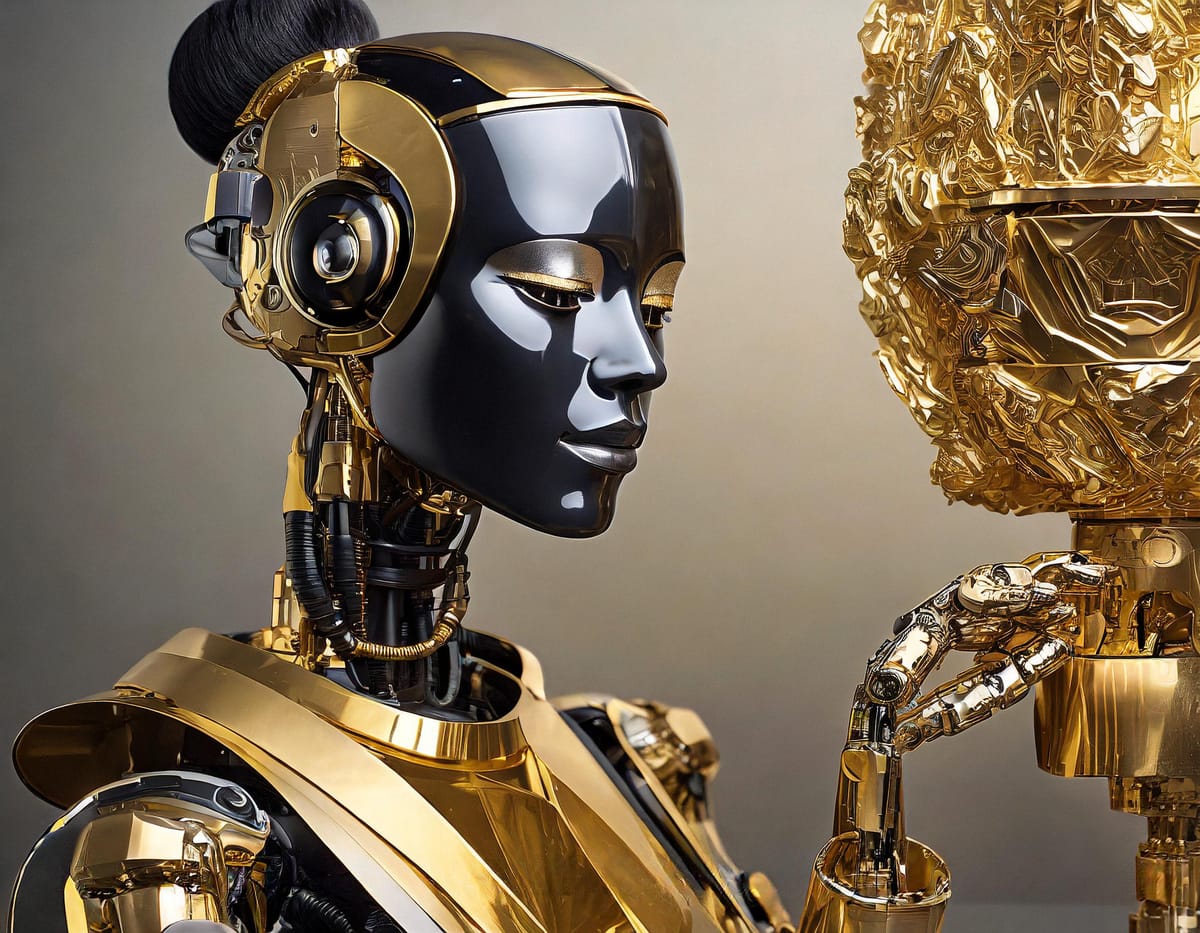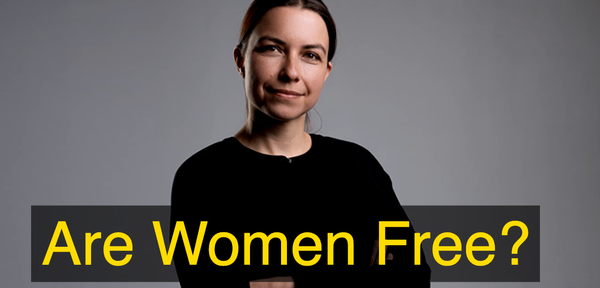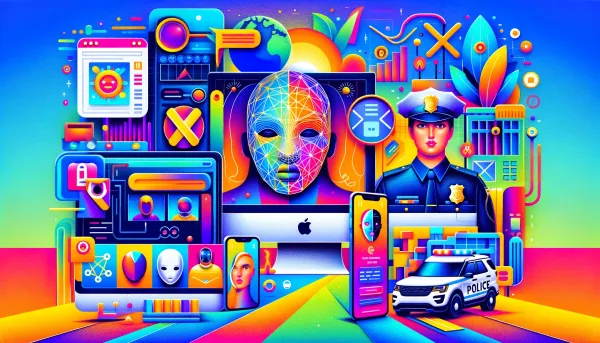Does AI Already Own Your Face?
The world of Hollywood is facing a new conflict: the use of artificial intelligence (AI) technology, specifically in replicating actors' digital likenesses. This brewing battle centers around actors' rights and control over their image in the age of AI.

Hollywood on Edge: Actors vs. Studios Clash Over AI Technology
The world of Hollywood is facing a new conflict: the use of artificial intelligence (AI) technology, specifically in replicating actors' digital likenesses. This brewing battle centers around actors' rights and control over their image in the age of AI.
Summary:
- SAG-AFTRA, the actors' union, is proposing the "No Fakes Act" to give actors a "digital replication right" to control their image, voice, and likeness even after death.
- The Motion Picture Association (MPA), representing studios, argues this restricts creative freedom and infringes on First Amendment rights.
- Both sides presented their arguments at a Congressional hearing, highlighting the complex challenges of regulating AI in filmmaking.
- The debate extends beyond actors, with concerns about AI's impact on writers and other industry workers.
Sections:
- Actors Fight for Control: The "No Fakes Act"
- Studios Cite First Amendment Concerns: A Balancing Act
- Beyond Actors: AI's Impact on Film Production
- Lingering Concerns: Finding a Common Ground
Actors Fight for Control: The "No Fakes Act"
The Screen Actors Guild-American Federation of Television and Radio Artists (SAG-AFTRA) is pushing for the "No Fakes Act," a bill that would grant actors a "digital replication right." This right would allow them to control how their image, voice, and likeness can be used, even after their death, when recreated through AI technology.
Studios Cite First Amendment Concerns: A Balancing Act
Studios, represented by the Motion Picture Association (MPA), strongly oppose the "No Fakes Act." They argue that the bill's broad scope could restrict legitimate uses of AI in storytelling and potentially violate First Amendment rights protecting free speech. Senior Vice President of the MPA, Ben Sheffner, cautioned during a Congressional hearing that "legislating in this area involves regulating the content of speech," raising concerns that such limitations could stifle creativity. Some see this resistance as an attempt by studios to have unfettered control over AI use.
Beyond Actors: AI's Impact on Film Production
The debate extends beyond actors' concerns. Past strikes by various unions have highlighted anxieties about AI replacing industry workers altogether. While SAG-AFTRA claims victories in protecting actors from AI encroachment, doubts linger about the effectiveness of these measures. The Writers Guild of America (WGA) also secured concessions regarding disclosure and crediting of AI usage, but continues to face challenges as writers increasingly utilize AI tools in their work.
Lingering Concerns: Finding a Common Ground
Despite efforts to address concerns and establish regulations, ambiguities remain. Studios continue to explore legal loopholes to exploit AI technology. This clash between actors' rights and the drive for innovation underscores the complex landscape of AI in Hollywood. Finding a balance between technological advancement and protecting creative rights remains a pressing challenge for the entertainment industry as the debate continues.
Suggested Follow Up Reading:
- The Full Text of the No Fakes Act: [link to Senate Hearing)




